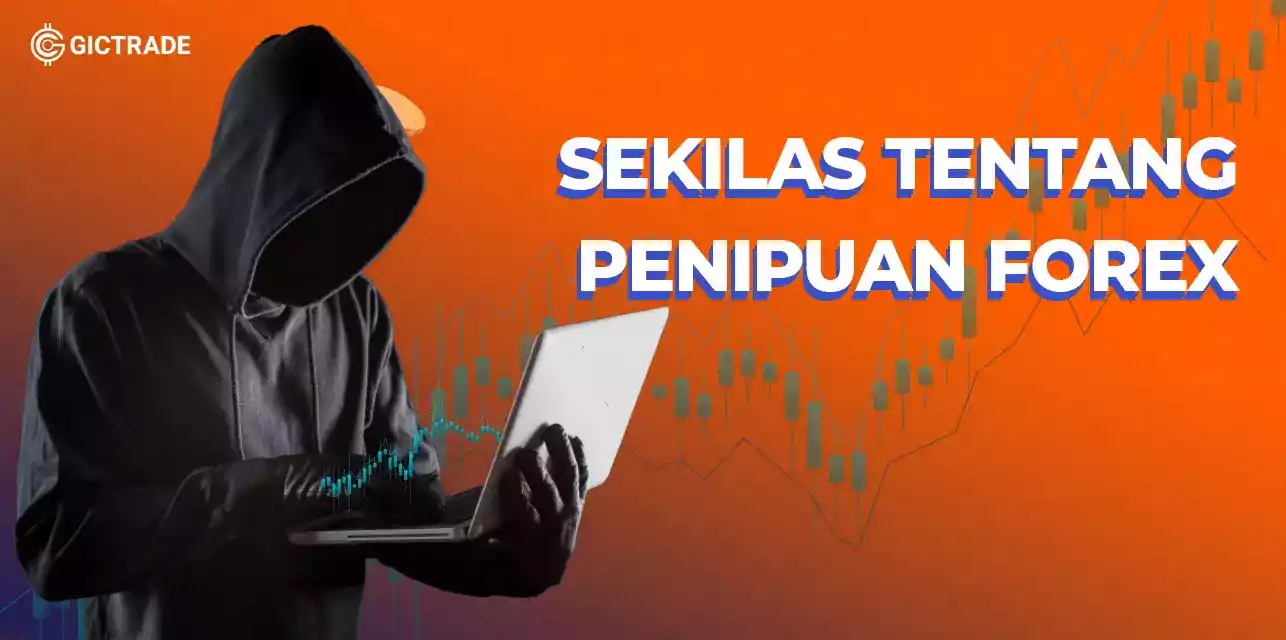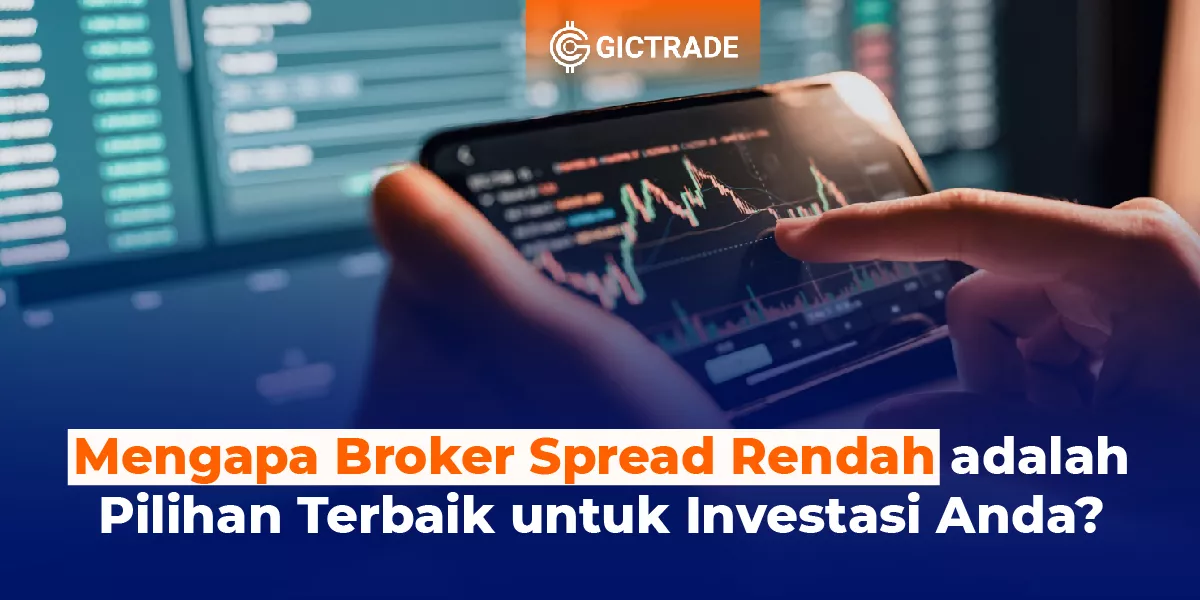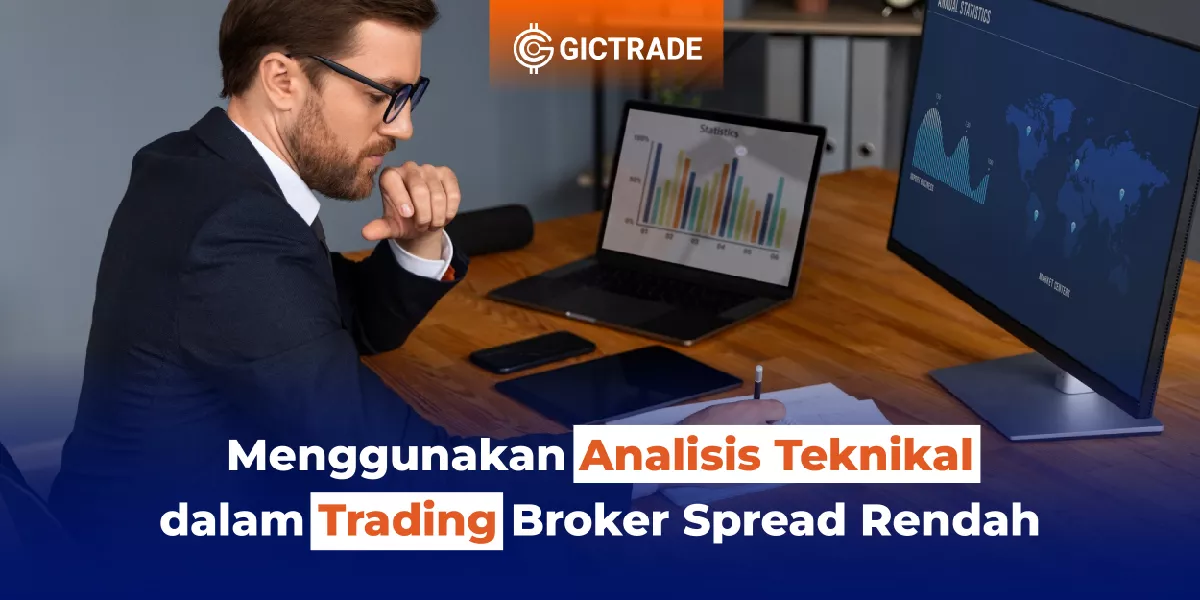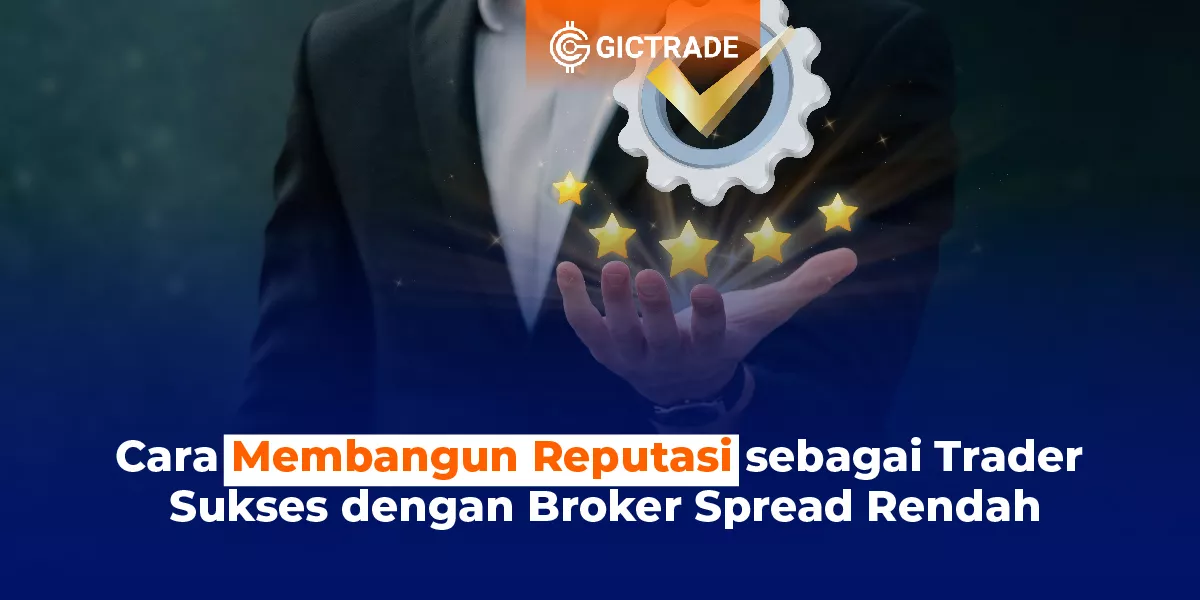Forex Fraud Mode
Trading forex has been done by most of the Indonesian and international community. With the rise of this investment, there are also quite a few forex fraud modes that have carried out many fraudulent actions out there. Therefore, you must know about what modes are usually carried out by these fraudsters. The following will be discussed.Ponzi Method
A standard Ponzi scheme is a fraudulent investment scheme in which the operator pays investment returns from capital generated by new investors, rather than from legitimate investment profits. Ponzi scheme operators attract new investors with extremely high short-term rates of return. The fraudsters profit by charging fees on the "investments," or simply running away with the investors' funds. Ponzi schemes typically collapse when there is not enough new capital to pay the growing pool of existing investors. The scheme is named after Charles Ponzi of Boston, Massachusetts. In the 1920s, Ponzi launched a scheme that guaranteed investors a 50% return on their investments in postage coupons. Although Ponzi was able to pay his early backers, the scheme collapsed when he was unable to pay later investors.Misappropriating Official Permits
Retail forex & CFD trading is regulated in some parts of the world by regulatory authorities. The UK has the Financial Conduct Authority (FCA), Australia has the Australia Securities and Investment Commission (ASIC), Cyprus has the Cyprus Securities and Exchange Commission (CYSEC), FSCA in South Africa, CMA in Kenya, etc. However, retail forex trading is not regulated in many countries so any forex broker operating in an unregulated region does so under a foreign license, most of which use an offshore license. A study by Safe Forex Brokers UK found that in most parts of Africa & Asia, forex trading is not regulated, but many foreign CFD brokers still accept clients from these regions.These brokers not only accept but actively promote forex without any restrictions. While there are some well-known forex brokers with a well-regulated track record in some regions, most brokers in these regions are not regulated by any regulatory body. Unlicensed brokers operate brokerage firms and offer trading platforms to the public when a trader deposits money into an account, he cannot withdraw it. As a rule of thumb, before patronizing any forex broker in the world, you should visit the relevant regulator's website and check the list of licensed forex brokers in your country. If forex & CFD trading is illegal in your country, then you should avoid trading through foreign brokers. Always verify brokers on the Regulator's website to ensure that they are authorized & legal.
Copying Official Site
Brokers must provide information about the company name, registration date, registration location, and official address. However, there are still many brokers who have all of these things by imitating other official sites. So what traders can do is to find more information about the site. Is the site being searched for official or just a fake.How to Report Forex Fraud
When filing a fraud report against a Forex broker, make sure you provide as much information and evidence as possible. Don't leave anything out, no matter how trivial it may seem. Here is an example of what a lawyer might need to pursue your case:- Email, text and/or WhatsApp correspondence between you and the scammer;
- screenshots of conversations between you and the broker, even if they took place on social media;
- recordings of telephone conversations;
- bank and credit card statements showing the amounts and dates of transfers;
- names and addresses of all financial institutions involved;
- names of people you have dealt with.
 Last:
Last: 







